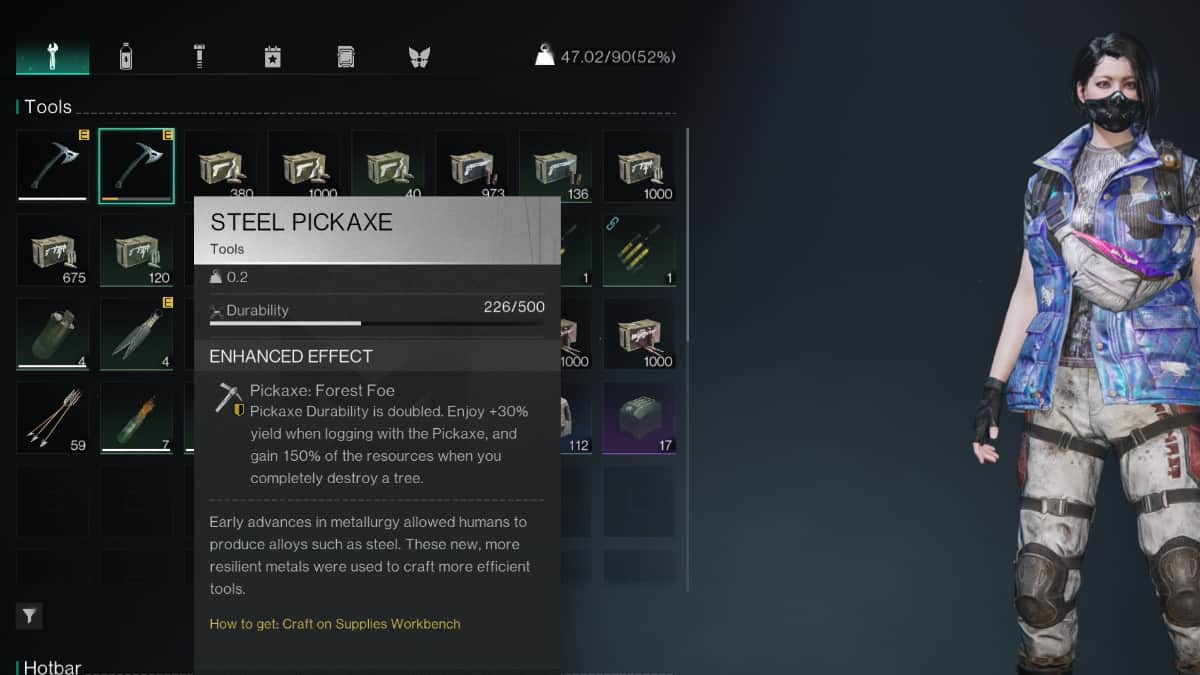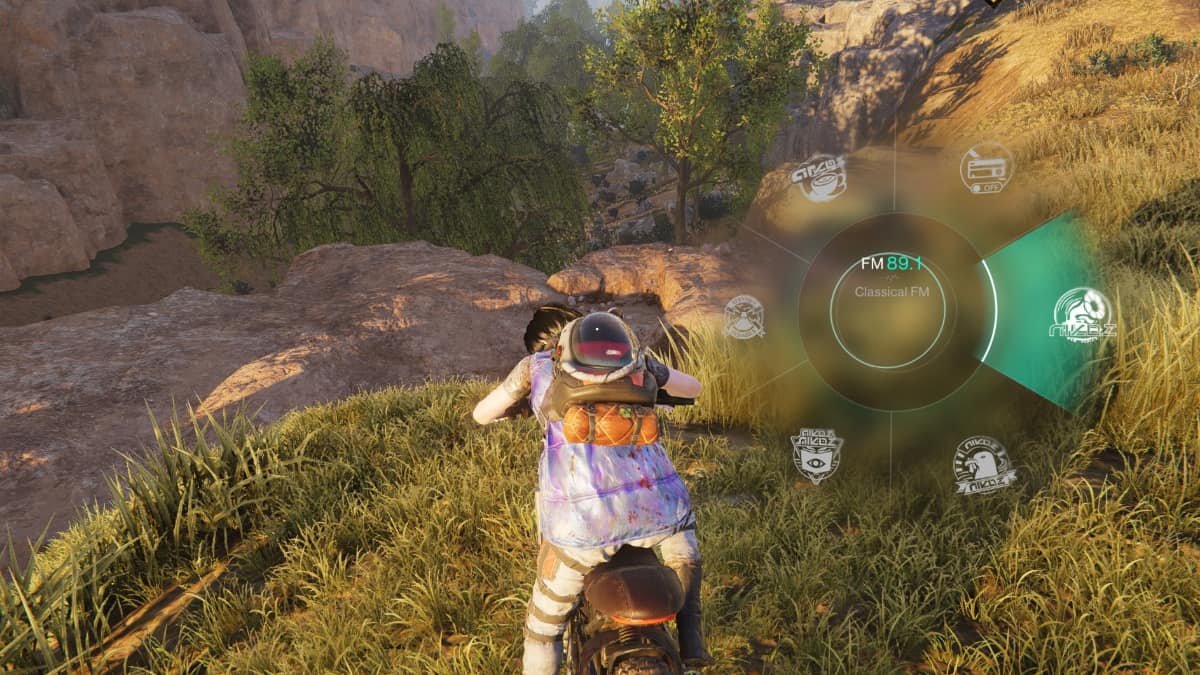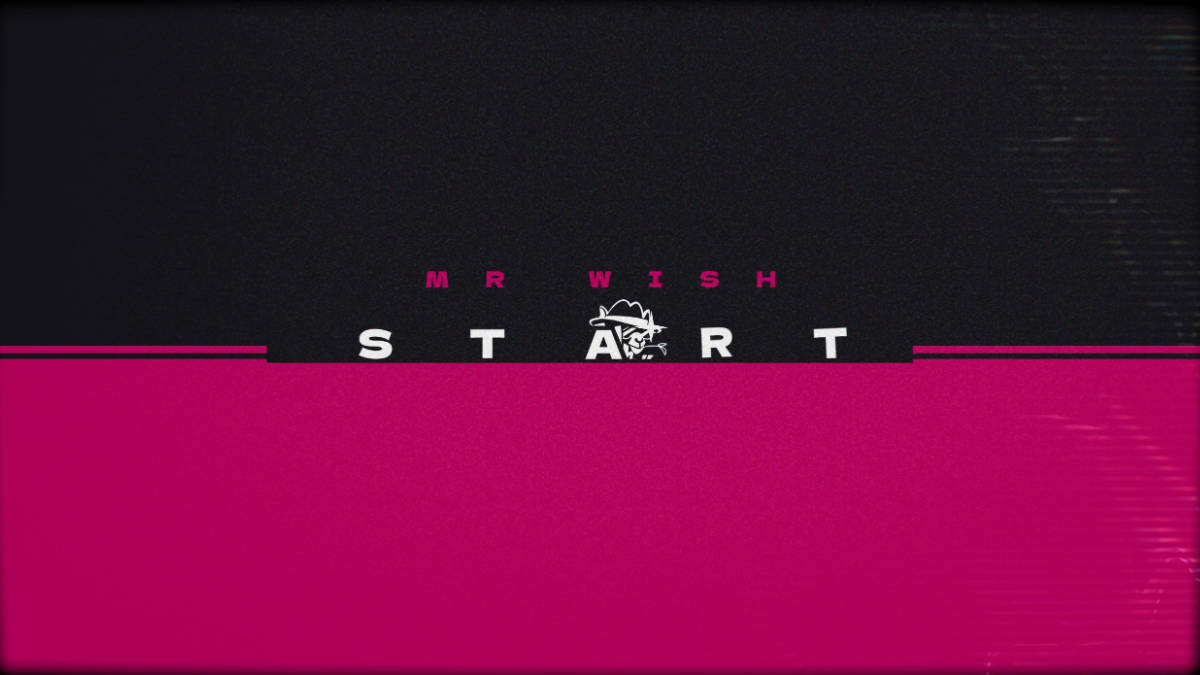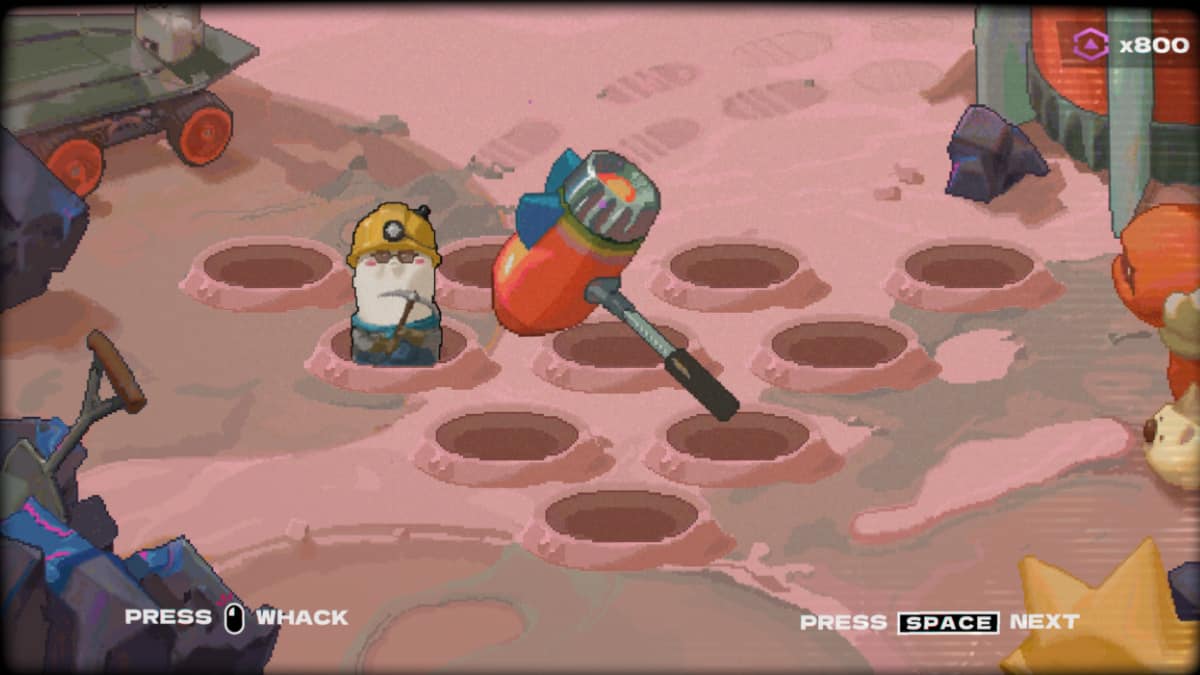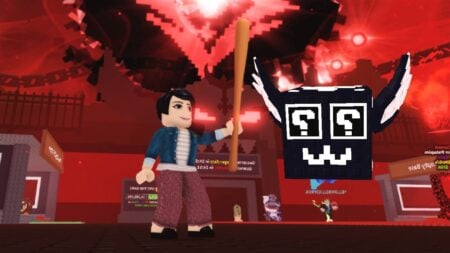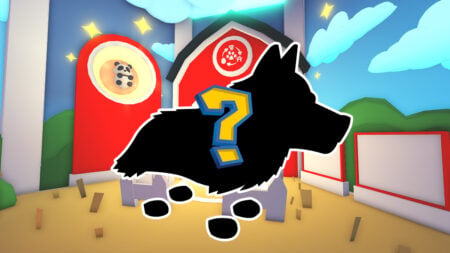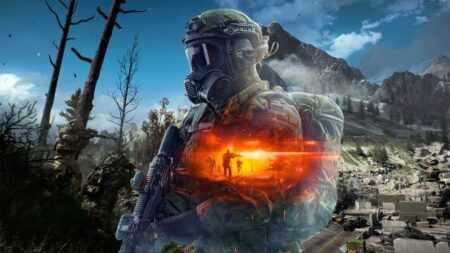Skip To...
Survival games aren’t for everyone, and for a long time, they weren’t for me. My usual gripe with the genre was how it kept peddling the idea of virtual manual labor when gaming standards like The Sims have already nailed a better, top-down, more convenient idea of building dwellings (and it’s partly a survival game anyway, depending on how forgetful you are). That’s why I was pleasantly surprised when I found myself enjoying Once Human, another survival RPG.
Once Human has Streamlined the Survival RPG Process
For the uninitiated, Once Human is a supernatural sci-fi survival RPG that takes noticeable inspiration from games like Control, STALKER, and even Death Stranding. It’s currently in its third closed beta testing phase.
But even in its unfinished stage, it’s already Steam’s 11th most wish-listed game. Lots of people are excited about this one. It might be a bit of a reach for me to say this, but Once Human‘s survival mechanics likely play a good part in its appeal. It’s one of the least tedious survival games out there, and here’s a list of what it does better compared to others in the genre.
One Tool to Rule Them All
In Once Human, you use one tool for gathering, chopping, and mining. Whereas you need dozens of different tools cluttering up your hotbar in other survival games. This has always been one of the least friendly survival game mechanics, and while it makes sense logically to have a different tool for every job, it can often feel like more busy work.
Even the best survival RPGs, like Palworld or Rust, are guilty of this inconvenience. The newest survival RPGs, such as Nightingale even echoed this multiple-tool mechanic and it’s no coincidence that some of its players’ reviews on Steam regard the Victorian fantasy game as outdated.
In hindsight, having just one tool for all building and crafting resources is a breath of fresh air and that’s a quality of life improvement that most survival games could use.
Take Your Base Anywhere
Base and territory moving is simple and virtually has no cost in Once Human. There is a cooldown of six hours, but that helps to lighten up the game’s server load. In any case, there’s no need to start over if you move bases. You’ll bring everything you built, as long as they’re on the foundation.
Such a thoughtful game design expands the available playstyles in Once Human. If you want to be a scavenger or a nomad, you can still do so without the shackles of a base.
Consequently, exploration is more enjoyable and there’s no regret here since you won’t feel like you wasted hours building in a bad location. Just move to a better spot with a couple of button presses.
No Stone Age Tools
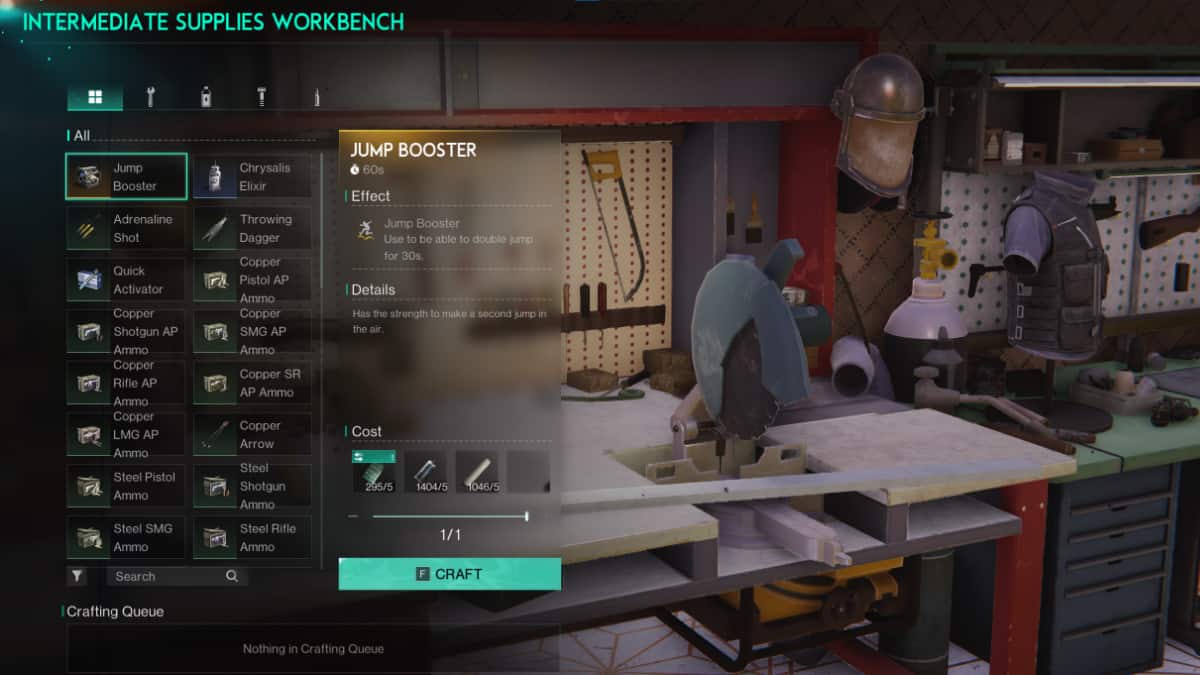
It’s often funny how most survival games start you off with sharpened sticks and chipped rocks even if the lore permits for something more sophisticated or advanced. Just, why? Who do I need to start with caveman rocks– what is this, ARK?
While the dramatic tech progression is a nice nugget-sized history lesson on the development of mankind, starting from Stone Age tools in a survival game is a cliché that needs to stay in a museum. It’s a gratuitous grind.
Thankfully, in Once Human, there’s no bumbling around with Stone Age equipment. Finally. There’s only one bow in the game and it’s a modern improvised crossbow that deals high damage. You can have fun right away.
Traveling Isn’t Dull Due to Vehicles
There are vehicles. With radios. And actual music with different genres. Of course, fantasy and non-sci-fi or non-contemporary survival games are exempt from this criticism. However, this makes traversal in Once Human a lot less dull.
The combination of some of the music and the scenery is a bit of a callback to the melodramatic walking sequences in Death Stranding where a somber soundtrack will suddenly play while Norman Reedus struggles with back problems. And I did mention that Once Human takes notes from Death Stranding.
The vehicles are also customizable and can be personalized (although they handle poorly at the moment).
More Incentives to Build Better Bases Through a Gacha Mechanic
This one is a bit controversial but the game has a gacha mechanic where you can win weapon or armor blueprints (most of which are obtainable through exploration). You can ignore it, but players who prefer to build bases and live idyllic farming lives can still get good armor and weapons because of this mechanic. Again, more gameplay diversity.
Moreover, this gacha mechanic is interconnected with the base building. The game made me undergo a mini-tower defense mission every time I wanted to earn currency for the gacha wishes.
This gives even more incentive to build a creative, well-defended base. And if you don’t like base building or gacha, you can safely ignore these features.
I’m not saying other survival games should adopt the gacha, but a more creative and lore-related reason to incentivize base building should help. More reasons to build bases apart from the survival game checklist are always welcome.
It Might Still Change, However
With that said, Once Human is– again, still in its closed beta testing. Some mechanics might still change for better or worse. That all depends on player feedback or how well certain game mechanics mentioned here are received.
Also, while the game might set convenient genre standards, it’s still too rough around the edges. There appears to be no modern ragdoll physics, making the movement feel janky or old at times, and the enemy AI is barely functional, as expected for a closed beta game.
However, Once Human is already offering a promising shakeup for the survival RPG or survival game genre this early on.



